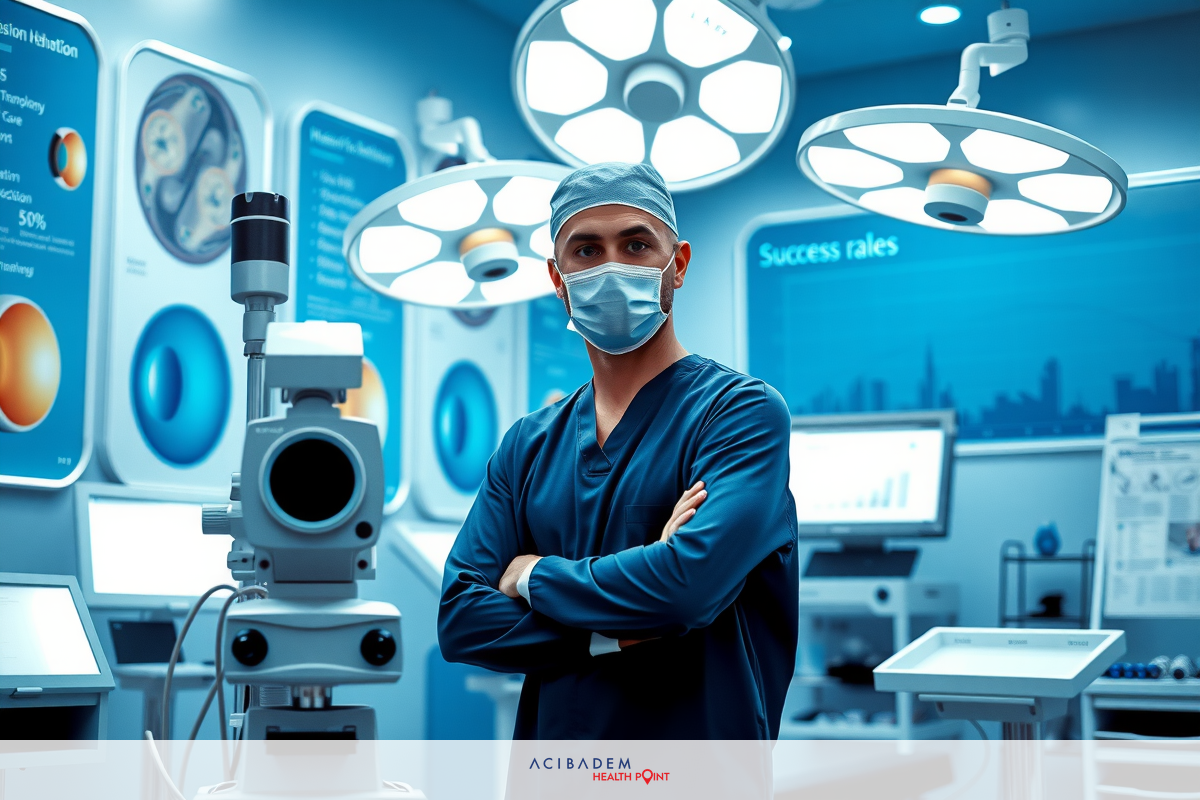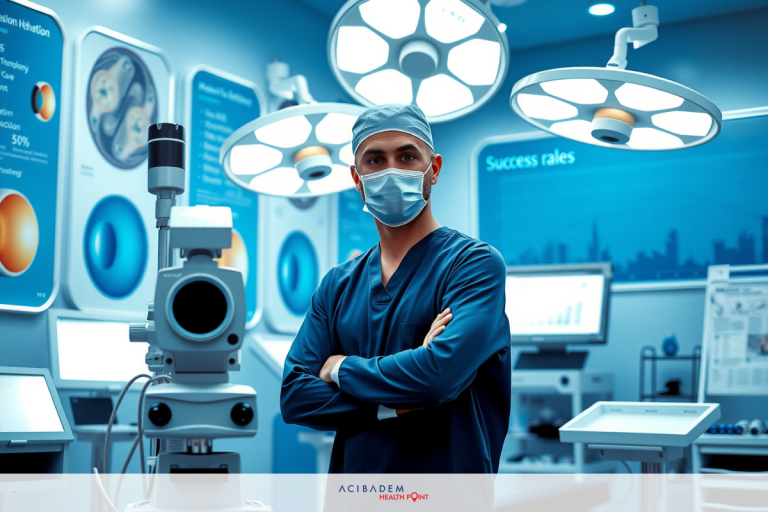How Safe is Laser Eye Surgery Now
How Safe is Laser Eye Surgery Now. As we journey into the world of modern medicine, laser eye surgery has become a popular topic. It’s a fascinating field that combines sophisticated technology with intricate human biology to improve vision. With state-of-the-art equipment and highly trained professionals leading the way, safety in this sector has seen noticeable improvements.
While many people may still harbor fears about undergoing any form of eye surgery, current advancements indicate an encouraging trend towards increased safety and successful outcomes. The innovative techniques employed in today’s laser eye surgeries have not only improved precision but also significantly reduced potential risks involved. Let’s delve deeper to understand why laser eye surgery is safer than ever before.
Advancements in Laser Technology
Laser eye surgery has come a long way, thanks to the relentless pursuit of advancements in laser technology. The drive towards making this procedure safer and more efficient is at the heart of these improvements. Modern lasers are now capable of reshaping the cornea with unprecedented precision, resulting in enhanced safety and effectiveness.
The type of laser used makes a significant difference in the surgical outcome. Traditional methods employed mechanical devices that could potentially introduce complications during surgery. But today’s cutting-edge lasers have virtually eliminated such risks, providing patients with an experience that is safe and minimally invasive.
Another noteworthy advancement is wavefront technology, which maps out each patient’s unique eye characteristics for highly personalized treatment plans. This modern approach allows surgeons to perform customized procedures tailored to individual needs – thus increasing success rates while reducing potential side effects.
In addition to these technological leaps, there have also been remarkable strides made in preoperative screening techniques for prospective patients. Advanced imaging technologies can now detect even minor abnormalities before surgery – further elevating safety levels by identifying those who might not be ideal candidates for laser eye surgery.
Furthermore, recent developments include increased automation and computer-guided systems which have significantly reduced human error during surgeries. These automated systems ensure high accuracy when it comes to delivering precise amounts of energy exactly where needed without damaging surrounding tissues – another testament to how much safer laser eye surgery has become over time.
To sum up this section on advancements in laser technology: the ongoing commitment from researchers and medical professionals worldwide continues pushing boundaries – their efforts making modern-day laser eye surgeries safer than ever before.
Enhanced Safety Measures
In addition to the latest technology, laser eye surgery now also includes several enhanced safety measures. These precautions play a crucial role in ensuring that every step of your journey from pre-surgery consultation to post-operative care is secure and successful. It’s comforting for patients to know that stringent safety standards are in place to protect their vision.
Preoperative assessment has become an essential safety measure in today’s world of laser eye surgery. Comprehensive testing not only determines if you’re a suitable candidate but it can also predict possible risks
or complications. This proactive approach allows surgeons to prepare better and tailor each procedure according

to individual patient needs, further enhancing overall security.
During the actual surgical process, numerous safeguards are implemented. Intraoperative monitoring systems track vital signs throughout the procedure, alerting medical personnel of any potential concerns immediately so they can respond swiftly if needed. Surgeons also use protective shields on unaffected areas while working on targeted regions – reducing exposure and minimizing risk.
Post-operatively there are rigorous follow-up schedules set up for careful monitoring during recovery – another key element contributing towards safe and successful outcomes after laser eye surgeries nowadays. These appointments allow doctors to spot complications early should they arise; hence mitigating serious consequences effectively.
The advent of superior sterilization techniques adds another layer of protection as well – drastically reducing chances for infection which previously posed significant threats during such procedures.
In conclusion, these enhanced safety measures have significantly improved success rates while simultaneously lowering risks associated with laser eye surgery currently – making this one aspect where advancements have truly made a difference in securing brighter futures for countless individuals worldwide!
How Safe is Laser Eye Surgery Now.: Frequently Asked Questions
How has laser eye surgery become safer over time?
Technological advancements have played a significant role in enhancing the safety of laser eye surgery. Nowadays, state-of-the-art equipment allows for more precise procedures, reducing potential risks. Additionally, improved preoperative screening techniques help identify suitable candidates and predict possible complications.
What measures are taken during the procedure to ensure safety?
During the operation, numerous safeguards are implemented such as intraoperative monitoring systems that track vital signs throughout the procedure and protective shields on unaffected areas while working on targeted regions - all these contribute towards making surgeries safer than ever before!
Are there any precautions after undergoing laser eye surgery?
Yes, post-operative care is crucial for recovery. Rigorous follow-up schedules are set up for careful monitoring during this period – allowing doctors to spot complications early should they arise; hence mitigating serious consequences effectively.
Is everyone eligible for laser eye surgery?
Not everyone is a candidate for this kind of operation. It depends on several factors including age, health conditions and certain attributes related to your eyes like corneal thickness or pupil size among others - it's best advised consulting an ophthalmologist prior who can perform comprehensive assessments determining suitability.
These answers are intended for informational purposes only and do not constitute medical advice. Always consult with a healthcare professional if you have specific concerns or questions about your health.








